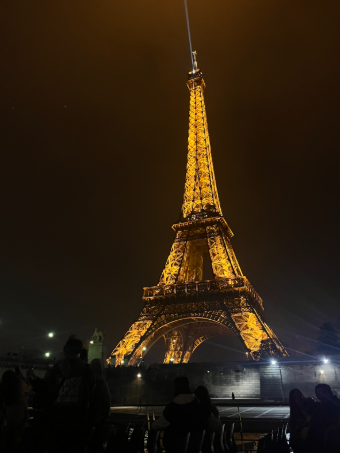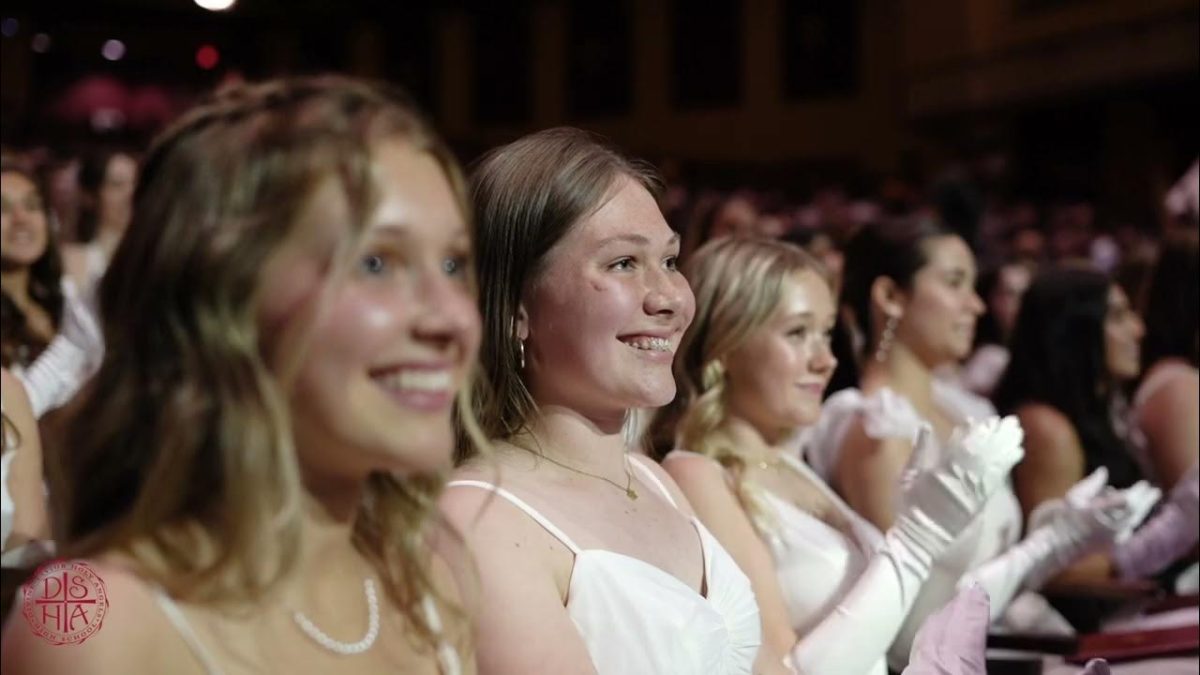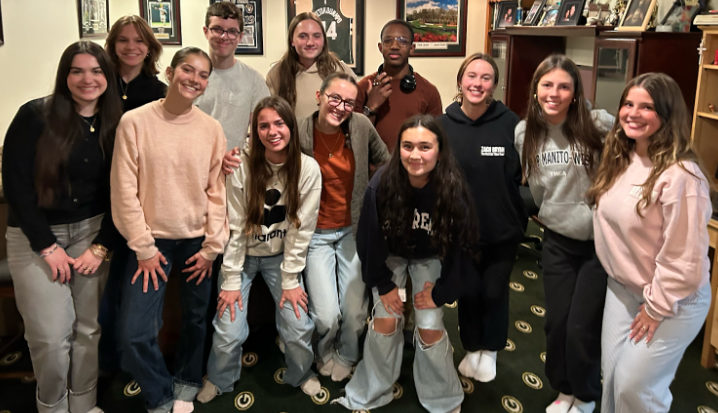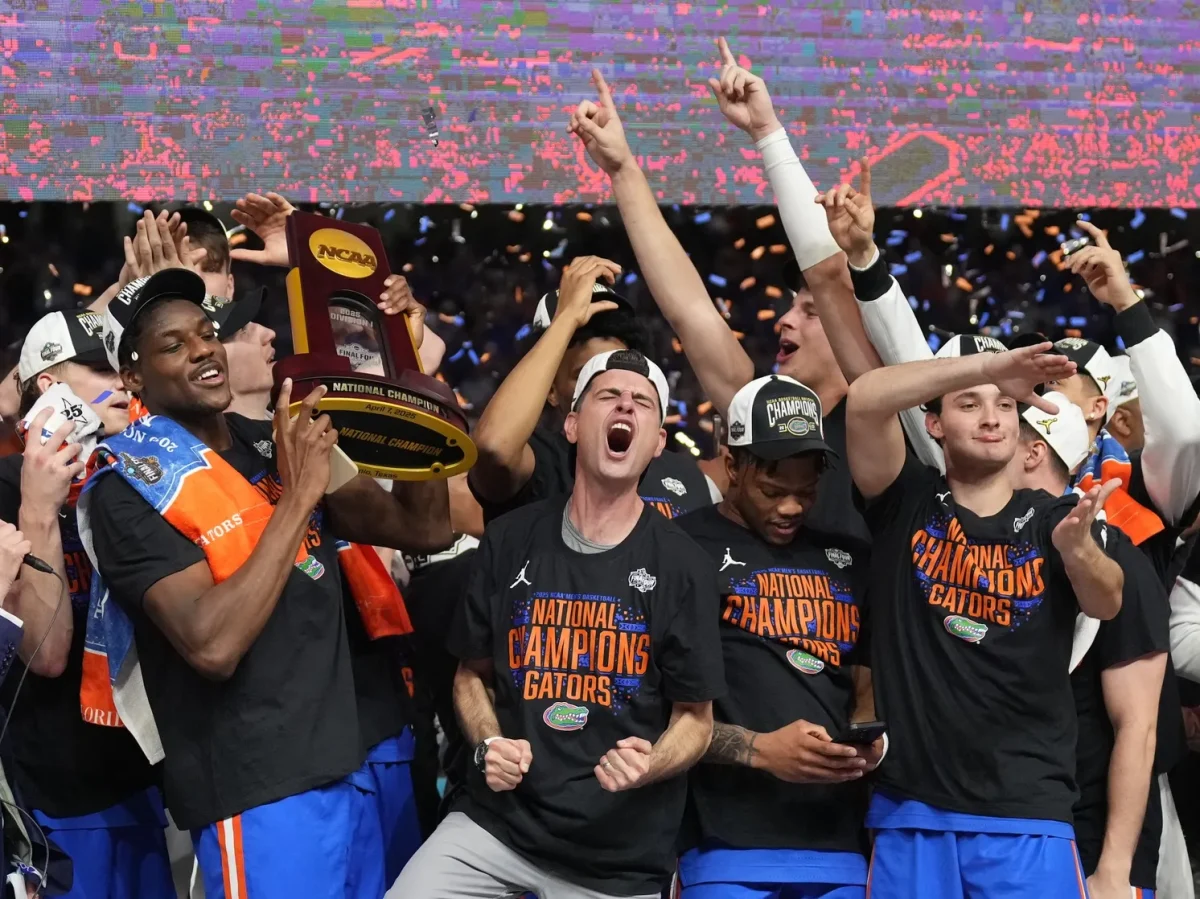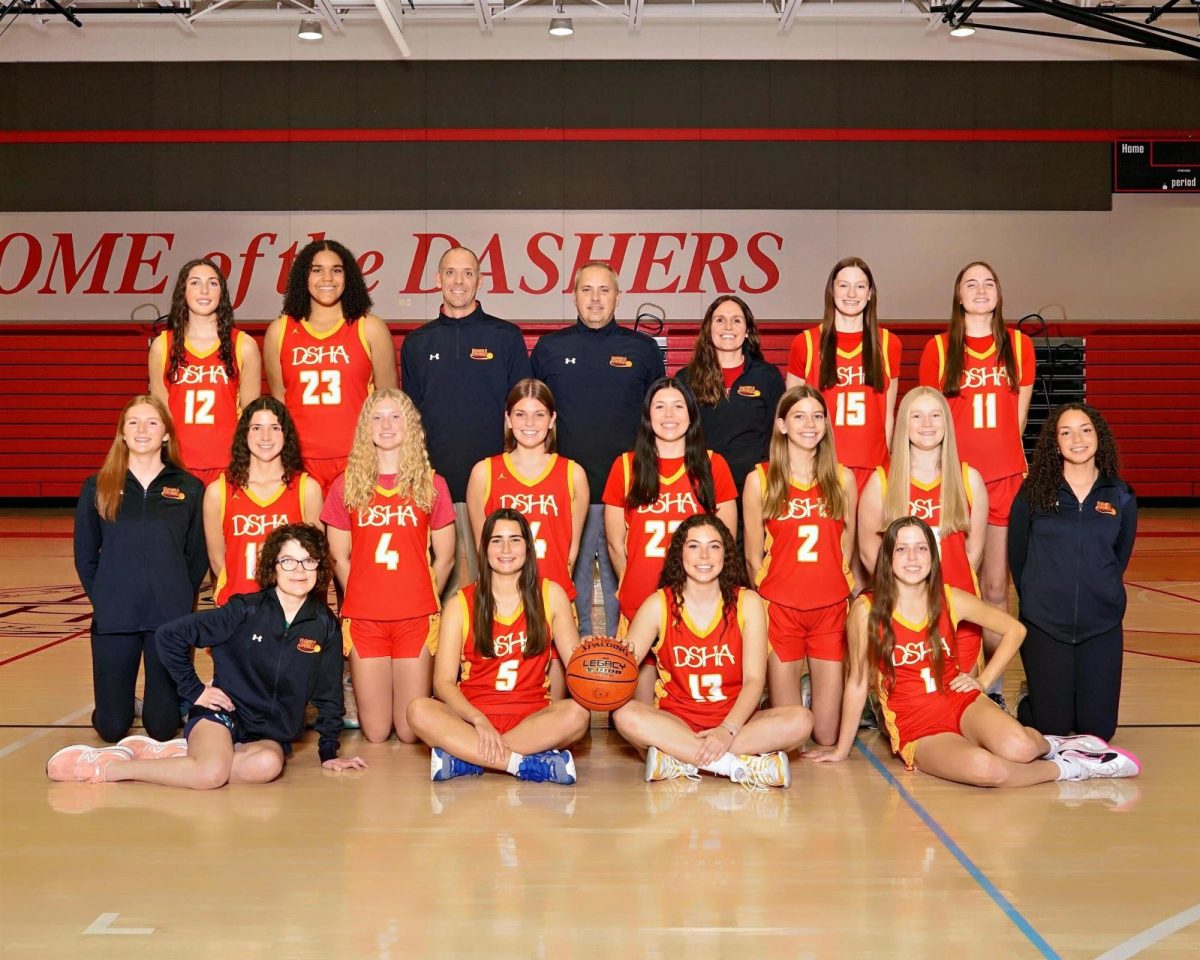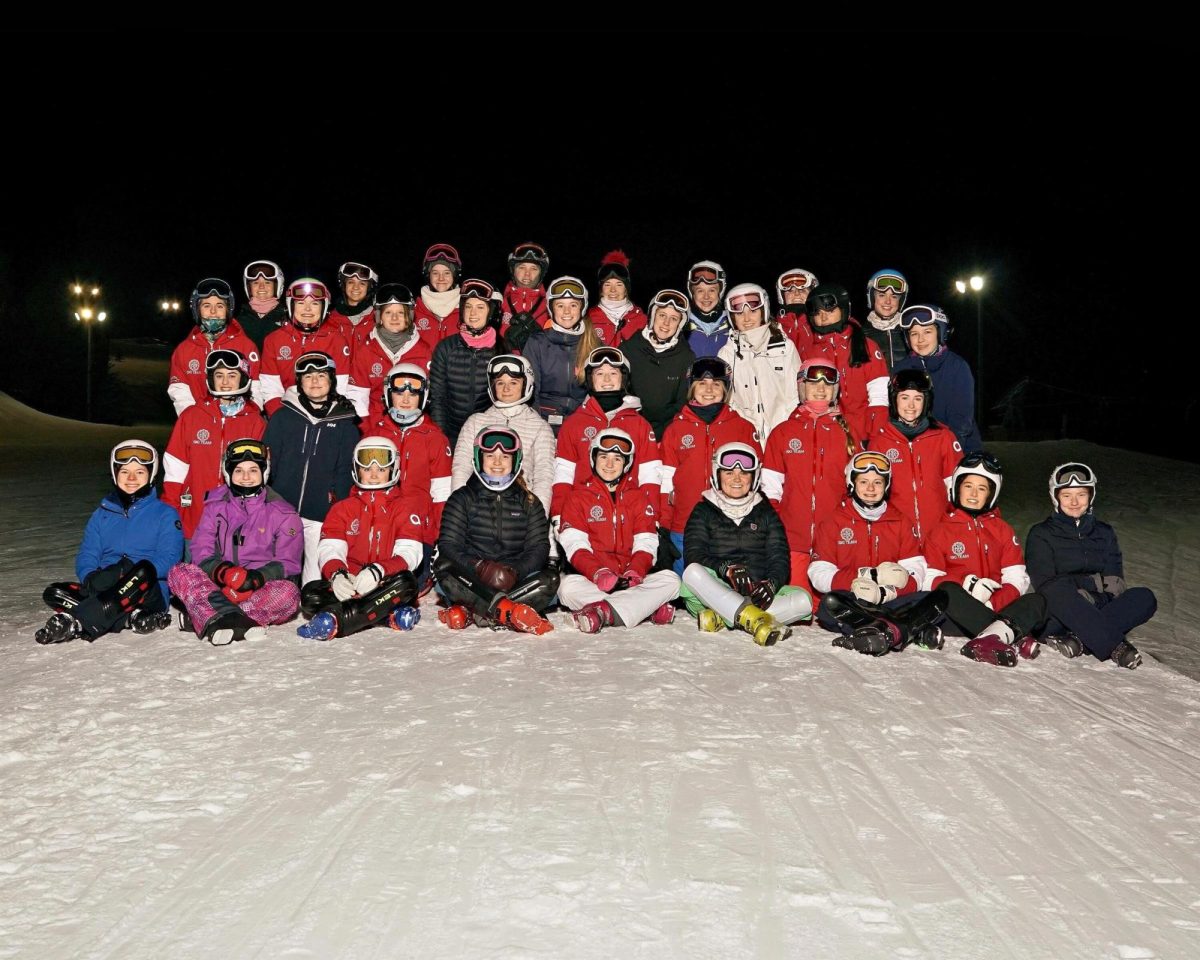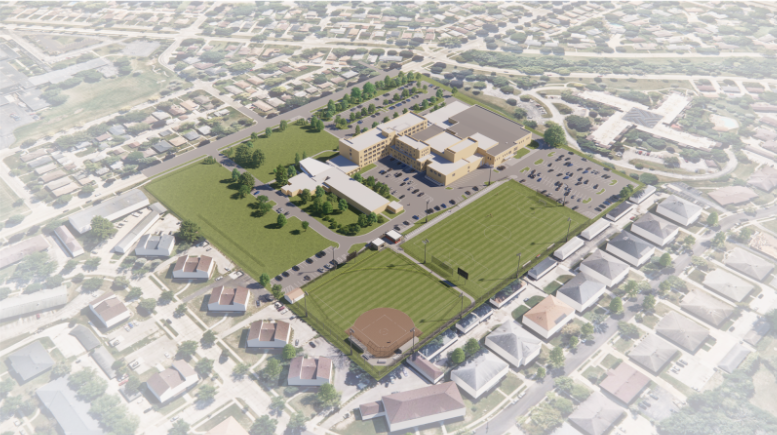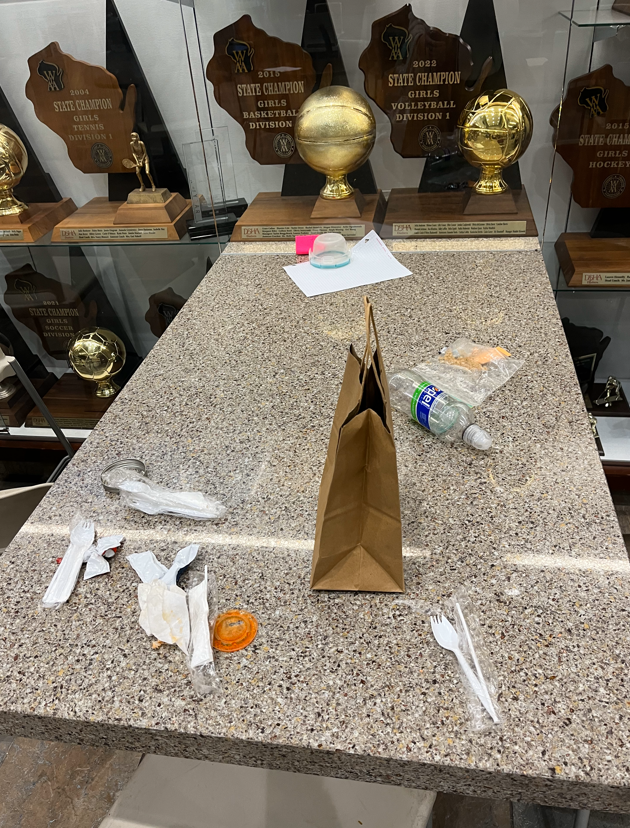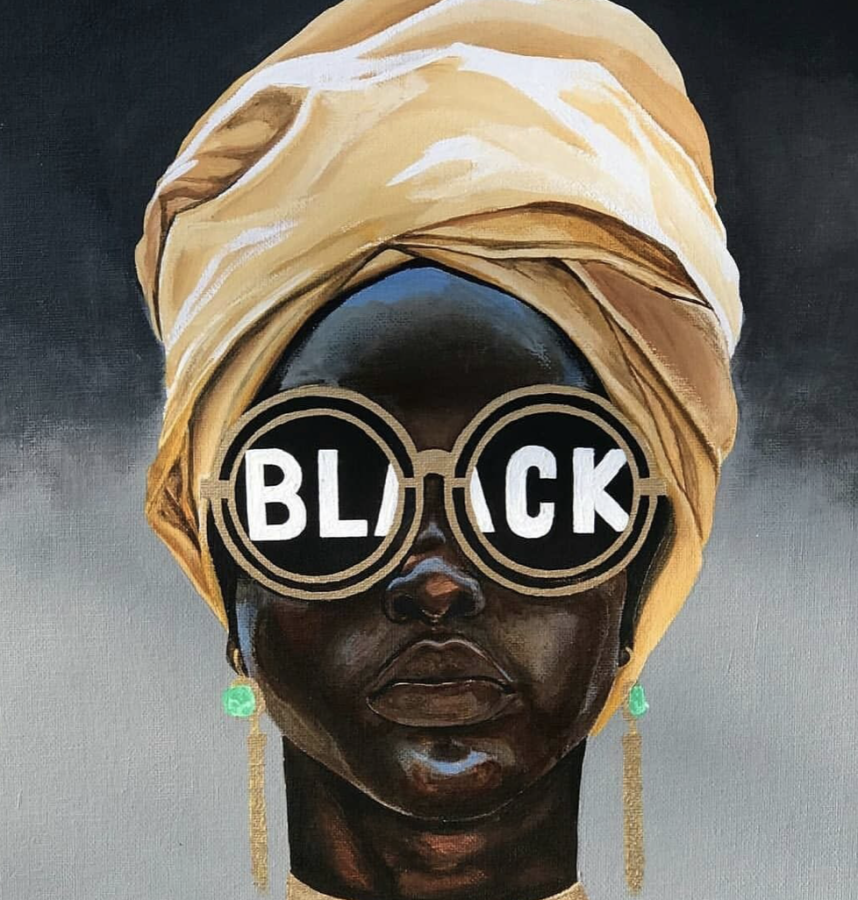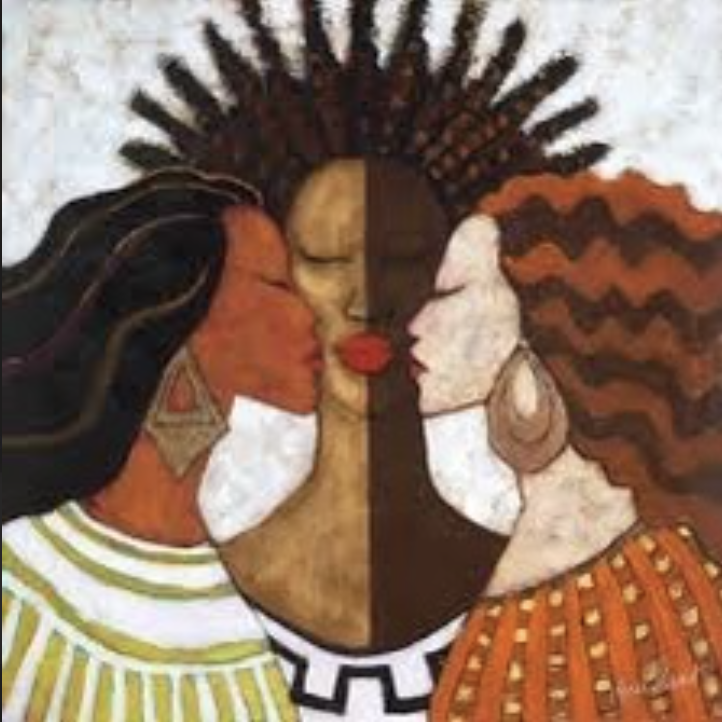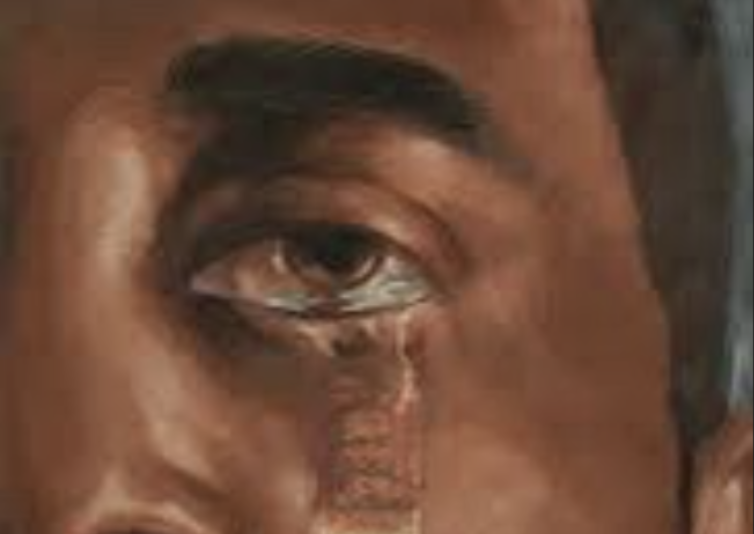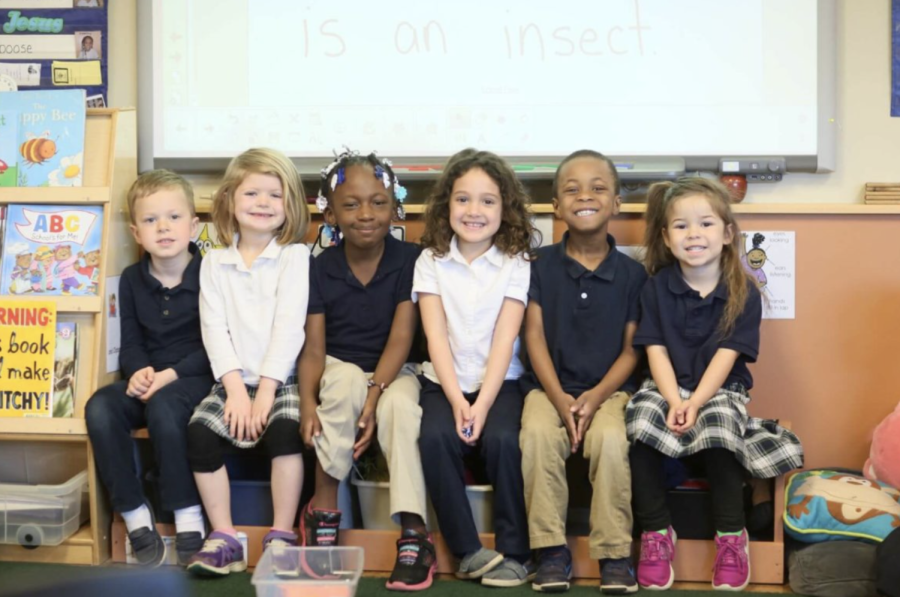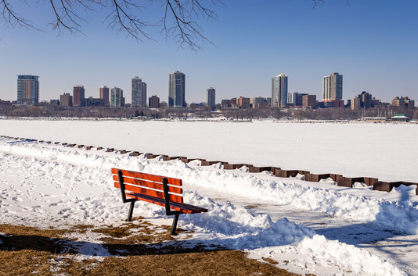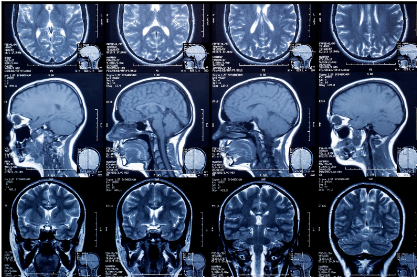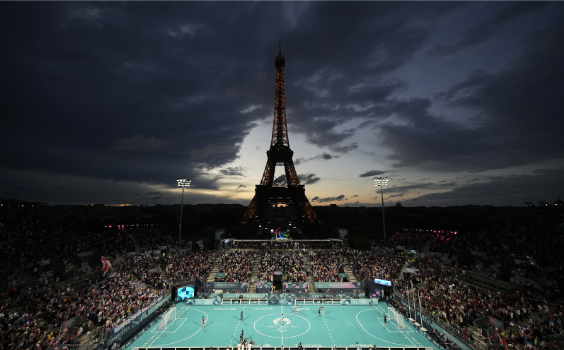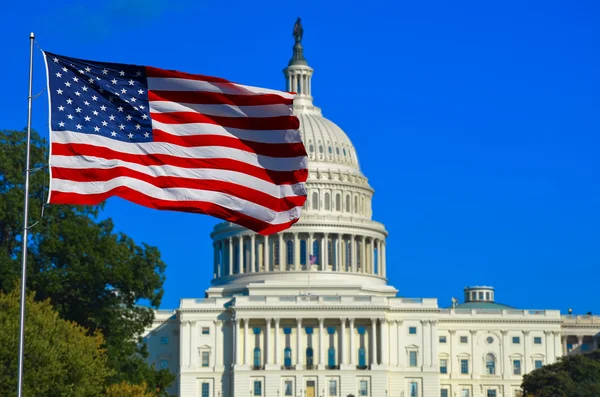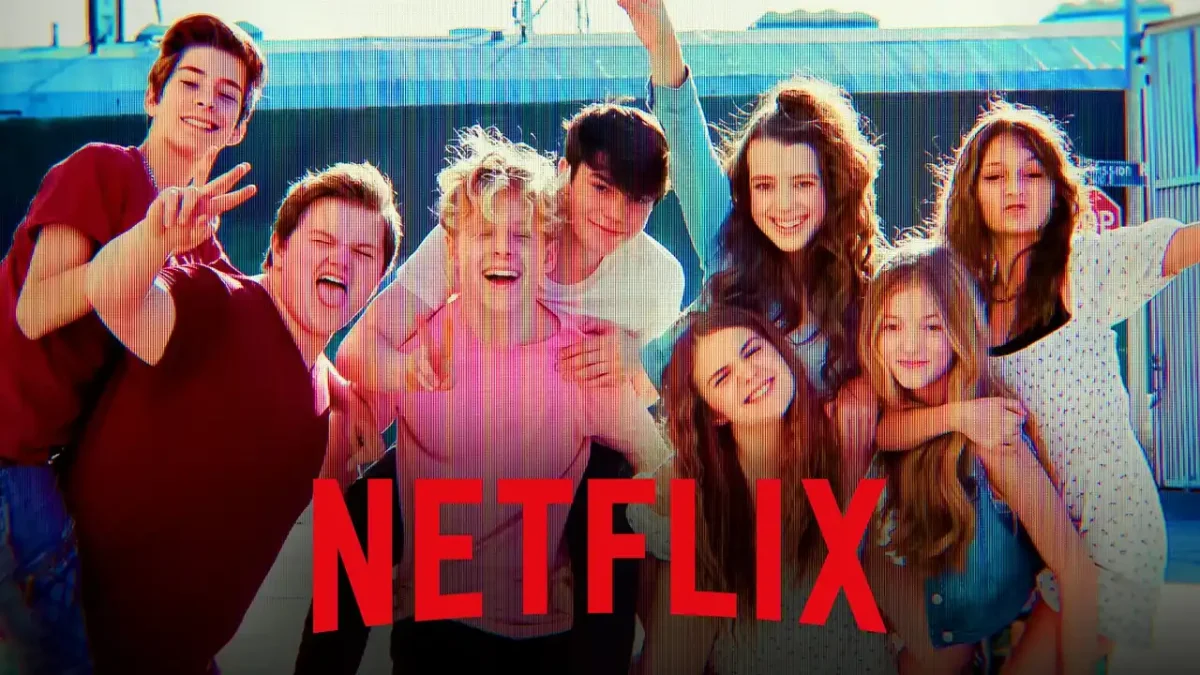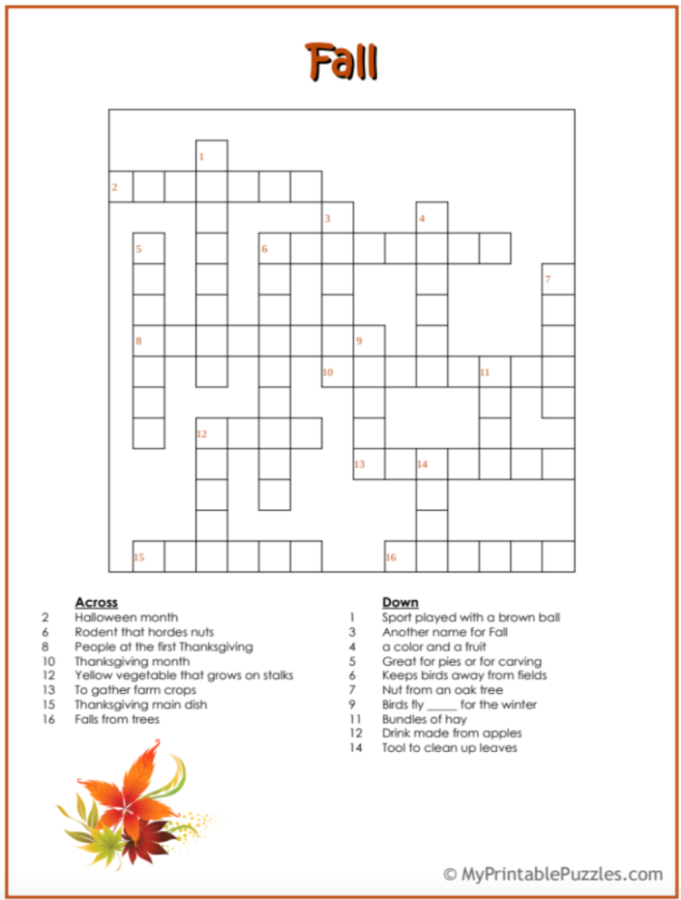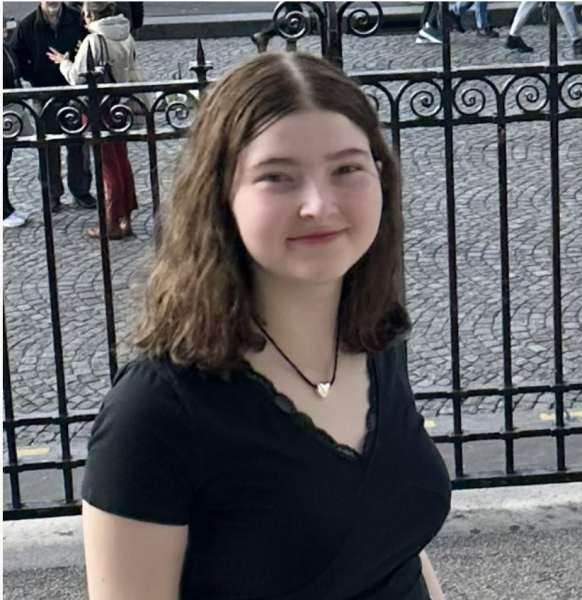Throughout the school year of 2022-23, students of Divine Savior Holy Angels High School were notified about a returning opportunity: the “DSHA Pilgrimage to the Holy Land of Israel”, often shortened to just the “Holy Land Pilgrimage”. Mr. Danny Pavlovich and Mrs. Mary Duffy, both teachers from the Theology department, and Father Dennis Thiessen, a former faculty member, traveled with thirty students and a few parent chaperones to the land of Israel in the summer of 2023. In light of the reignition of the Israeli-Palestinian conflict on October 7th, the Holy Land Pilgrimage offers a new importance to its participants. I interviewed Mr. Pavlovich and a student (who wished to remain anonymous) about the trip and their feelings about the conflict after being there this summer.
**This article does not reflect the feelings of DSHA as a whole, only these two individuals’. Their responses are edited for clarity**
Tell me more about the history of the trip. How long has it been going on?
Mr. Pavlovich: “This would have been probably maybe 2017 or 2018 [when] I sort of selfishly got the idea of wanting to do this just because it’s been a place I’ve always wanted to visit. Well I thought it can’t hurt to ask if this is something that the school would support. Also it kind of, somewhat selfishly, it allowed me to plan the trip the way I wanted it planned and not just join on someone else’s itinerary. It took me [about] a year of planning what I wanted the pilgrimage to look like before I could present it to the school and say here’s what this might look like if you’d allow me to do it with students. The intention originally was when we first did that trip, we would offer it every four years, that way every student who comes through DSHA has one opportunity to do it. It’s a massive undertaking as you can imagine, so I knew I wouldn’t be able to do it every year. [However,] it went so well that we said well let’s do it every two years. That got interrupted by Covid, so it ended up being a four year gap before we were allowed to start doing it again. Up until a few weeks ago, when the Israel-Hamas war broke out, the intention was to offer it again in two years. That remains to be seen whether or not that will happen. I just don’t know how people are going to feel about the safety of the trip going forward, but [hopefully] we’ll be able to bring people every two years. That’d be nice.”
What was your favorite part of the trip?
Mr. Pavlovich: “A real highlight for me is the Church of Peter’s Primacy. When I was in grad school, I did my thesis on the restoration of Peter in John’s Gospel. To see where that story took place, both times I’ve been, that’s been a real highlight for me, kind of a special place for me. We also made a couple changes to the itinerary this year and visited a few places that we didn’t go on the previous trip. [We visited] Masada, which was one of King Herod’s fortresses and kind of one of the last [military] strongholds. It was a really, archaeologically-speaking, very interesting site, so that was a favorite for me. Saying Mass in the Church of the Holy Sepulchre was a special experience too and having Father Dennis preside over that was a highlight. Too many great memories and experiences to count, but those were some of the highlights for me.”
Student: “My favorite parts were the small detours we took, to little stores [and] little hole in the wall restaurants. We went to a music and art festival one day, kind of out of nowhere, and we would go to little markets. Those were my favorite parts, but I also really enjoyed the visit to the Dead Sea when we got to swim [in it]. That was fun.”
Did you experience a closer connection to your faith during and after your pilgrimage?
Mr. Pavlovich: “For sure. That place is such a liminal experience. You just feel like the barrier between God and Heaven and us and Earth is so thin there. If you allow it to be, it’s a really moving and prayerful experience. On several occasions, both times I’ve been, you’re just literally moved to tears with how close you feel to God in those moments, and to visit so many places is just…You hear Scripture differently; you read it differently after you’ve been to the places where those stories took place. [You] definitely feel a closeness. What’s interesting is like it remains with you. Every time you hear those stories read aloud at Mass…there’s something different that happens when you can say I know what that place looks like, I’ve walked there, I know what it smells like. [It] changes a lot of how you read Scripture.”
Student: “I would say a lot during and after. [During the trip,] it was sometimes hard to focus on what was important because it would be so hot, or it was just a lot of physical and mental strain to keep going every day and then [go to the hotel] and then do it again. But I would say, towards the end, it was…we would reflect every afternoon with Mrs. Duffy and Mr. Pavlovich and all of the chaperones. That was just a time where everyone could share their experience and how they felt closer to God. I felt during that time it was a place that you’re physically, mentally, and spiritually closer to God because you’re literally in the Holy Land, so I would say yeah, definitely during and after. It was a time where I felt not as involved in my faith, but in the months after that I was getting more involved and starting to take it more seriously.”
Does the Israeli-Palestinian conflict feel more personal after just physically being in the Holy Land this summer?
Mr. Pavlovich: “Absolutely. I keep in fairly regular contact with our tour guide. We’ve become pretty close over the past four years. When you know people over there who are directly affected by it. The sites become so special to you too. It’s like you don’t want to see anything happen to those. I want pilgrims to be able to continue to visit those sites, and I want the economy there, it’s so heavily based on tourism, to continue to thrive. That’s going to be a real challenge going forward. Yeah, I felt a personal kind of sadness when the attack happened in a way that I maybe didn’t with something like the Russo-Ukraine conflict. Obviously I’m concerned about that and pray for those people, but this one was really kind of a more personal sadness and heartbreak I felt. Knowing people now and forming relationships with people there. Yeah, it’s heartbreaking.”
Student: “I think yeah. [When] I heard about that…we had been told about that conflict before, and they told us not to worry about it that for a few decades, there had been no active war. It was kind of a died down war, so it was kind of just going up and down but [steady for the moment]. Tourists were a mutual area of agreement between Palestine and Israel because it was one of their sources of revenue. When they told us that, I wasn’t very worried, but I could tell in Palestine that the issues were a little more personal between faiths. [There was] an immediate switch in languages and people and their religions. When we entered into Palestinian territory, our tour guide couldn’t work because he was Jewish, so we had to get a new tour guide for the day. Everyone was just as nice, but you could definitely feel the tension more. When I heard about the attack, it definitely did feel scarier for me because I had just been there but even scarier for the people that I had been with. I had just been there and seen the people in that area. It definitely felt a little more personal.”
Is there anyone specific that you would like the DSHA community to pray for in light of this conflict?
Mr. Pavlovich: “Yeah, our tour guide Maurice Oddes. He and his family. They’ve just become close friends to me and really everybody who’s gone on the trip. I can’t tell you how many participants on the pilgrimage have come up to me in the last few weeks [and asked]:‘hey have you heard from Maurice? Is he okay?’ Obviously heartbroken, but physically, he’s doing okay. I would love for all of us to keep his family and loved ones in our prayers.”
Student: “I would say specifically just all of the people there because besides our tour guide, I don’t really know anyone specific. Maurice, he was our tour guide, lives there. Him and just the people in general.”
Would you recommend that DSHA students go on other pilgrimages (not the Holy Land at the moment) if they want to experience something new in their faith?
Student: “Yeah you definitely should if you have the opportunity. There are other places that you can connect to your faith. If the Holy Land Pilgrimage wouldn’t be an option in the future, I would say to take the opportunity to go to other places. I know they’re doing Rome and other places because there is still significance, especially historical significance. I would say yeah.”

